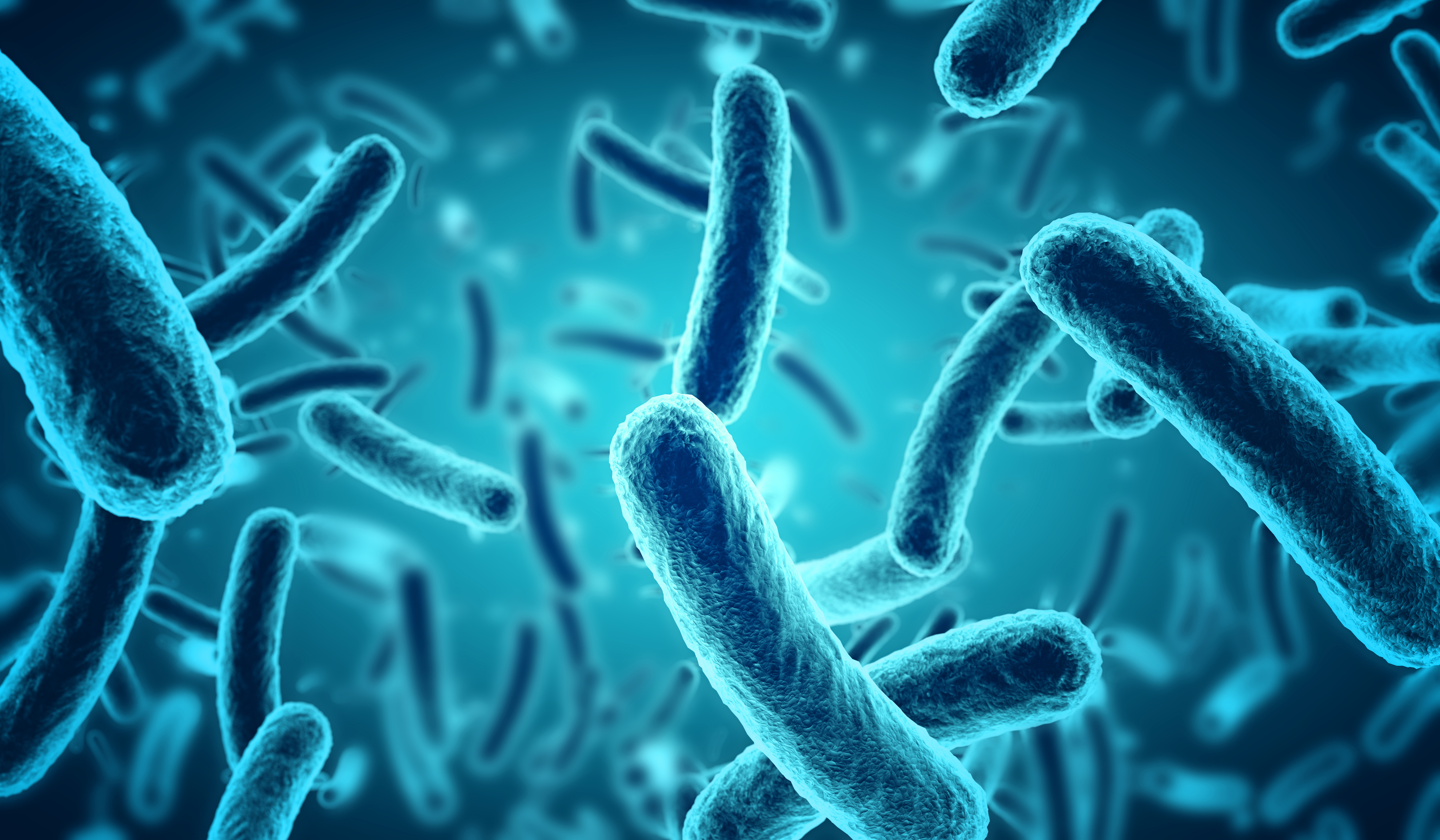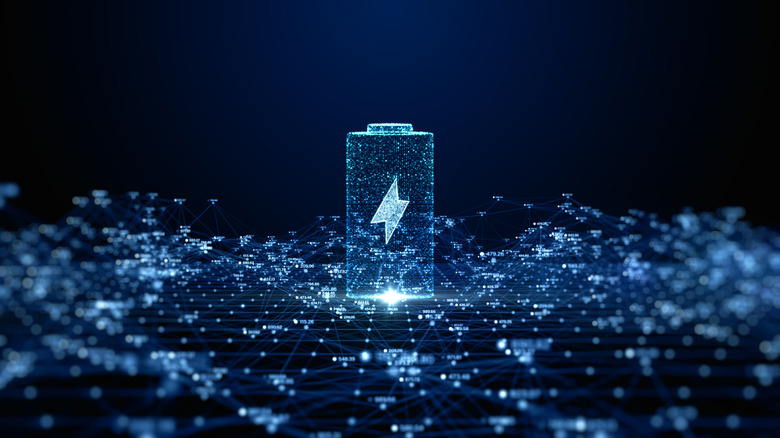Remarkable New Enzyme Can Turn Air Into Electricity
A group of scientists in Australia discovered something amazing. According to a new paper the researchers published in Nature, there is an enzyme that can turn air into electrical energy. This enzyme is called Huc, and the researchers say it could provide a new source of clean energy that we can rely on going forward.
According to the research, the Huc enzyme utilizes low amounts of hydrogen in the air we breathe to create an electrical current. The team, which was led by researchers from Australia's Monash University Biomedicine Institute in Melbourne, recently showcased how many bacteria use hydrogen as an energy source in nutrient-poor environments.
Now, though, the team has managed to extract the exact enzyme used in this process. The Huc enzyme is extraordinarily efficient, too. It can use as little as 0.00005 percent of the hydrogen found in the Earth's atmosphere during the process. The researchers extracted the enzyme from a bacterium called Mycobacterium smegmatis.

The researchers also discovered that it is very easy to store the Huc enzyme for long periods of time. This was done by freezing the enzyme and heating it to 80 degrees Celsius. At both points, the enzyme retained the ability to generate energy using hydrogen. This information isn't surprising, as the enzyme helps bacteria survive in some of the most extreme environments.
If we can harness the Huc enzyme and use its energy generation capabilities to create clean energy, then it could give humanity the power to create electrical energy out of thin air. The doors this would open to providing better electrical options to even the most remote and extreme parts of the world are crazy to think about.
With the Huc enzyme, we could create power generators in more parts of the world than currently possible, allowing even more people access to electricity than ever before. Combined with other clean energy options, like transparent solar panels that replace windows, it's easy to see how the world of clean energy is starting to evolve.
